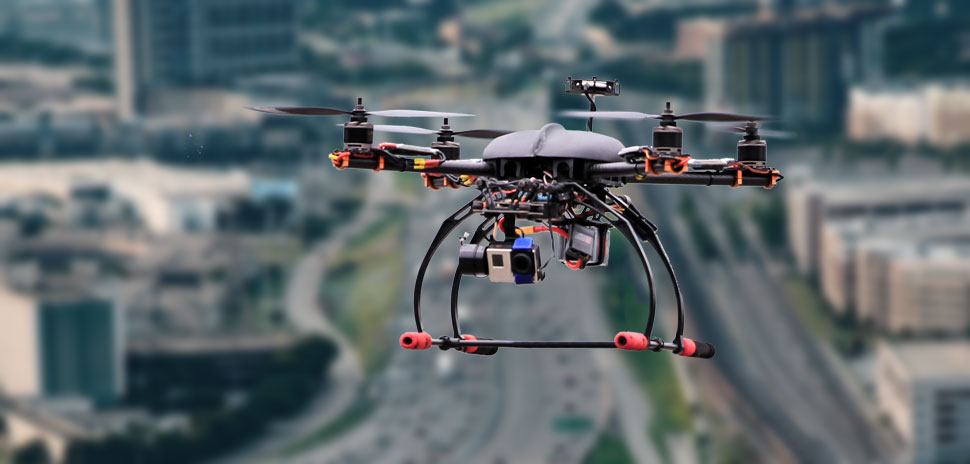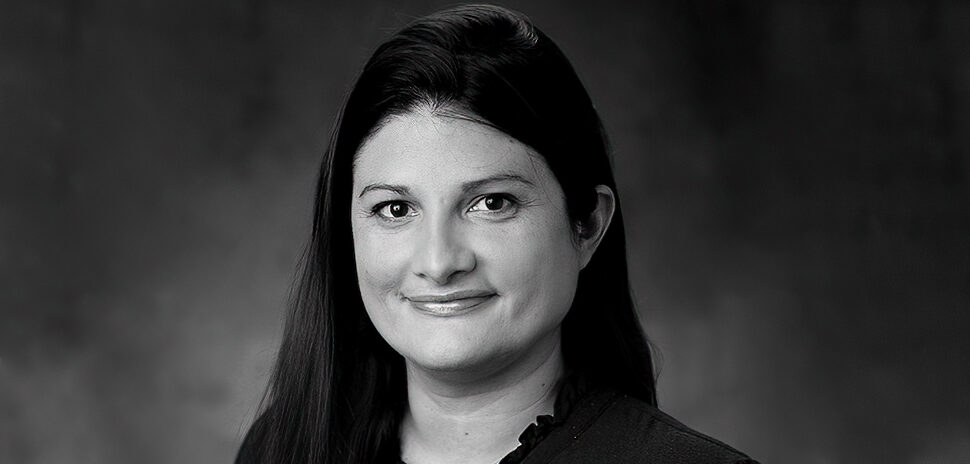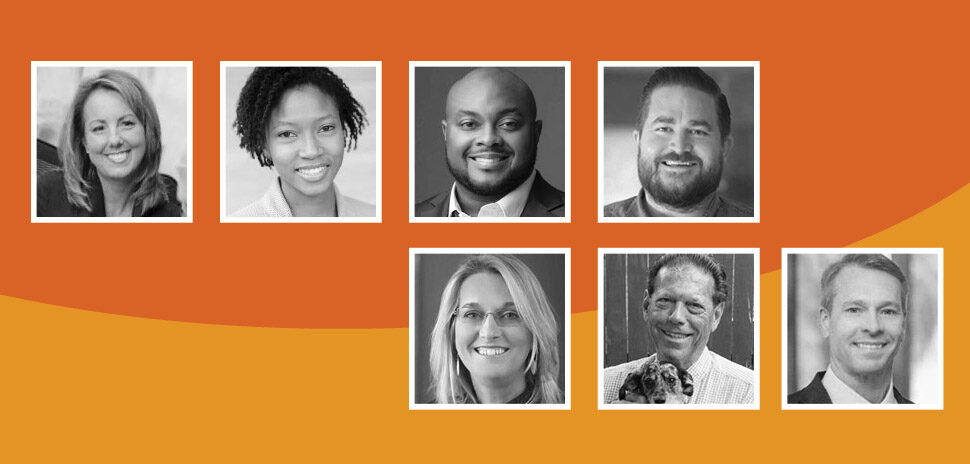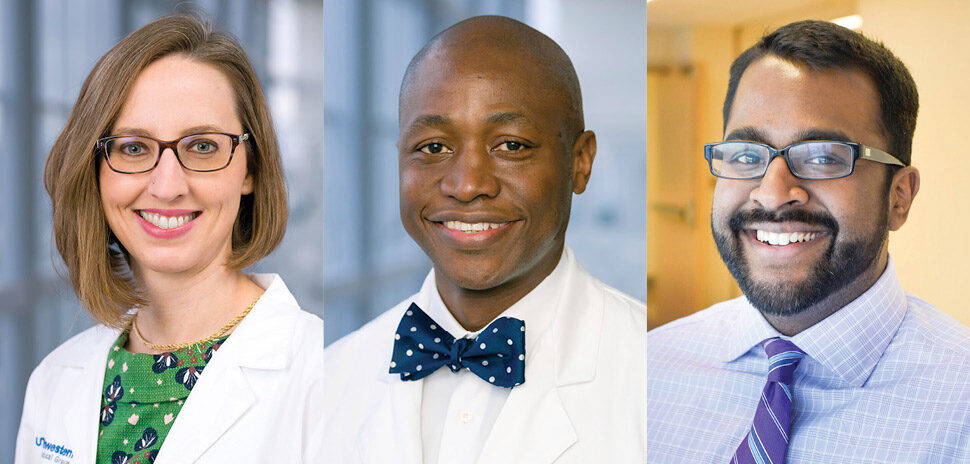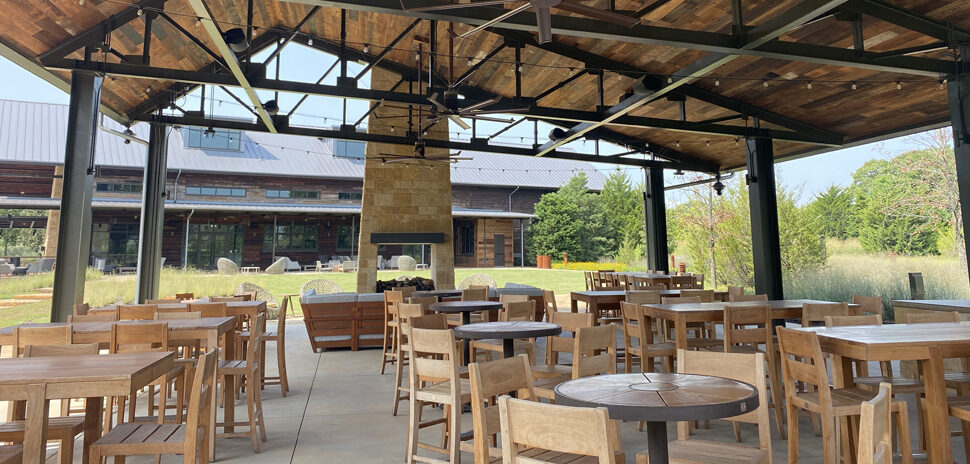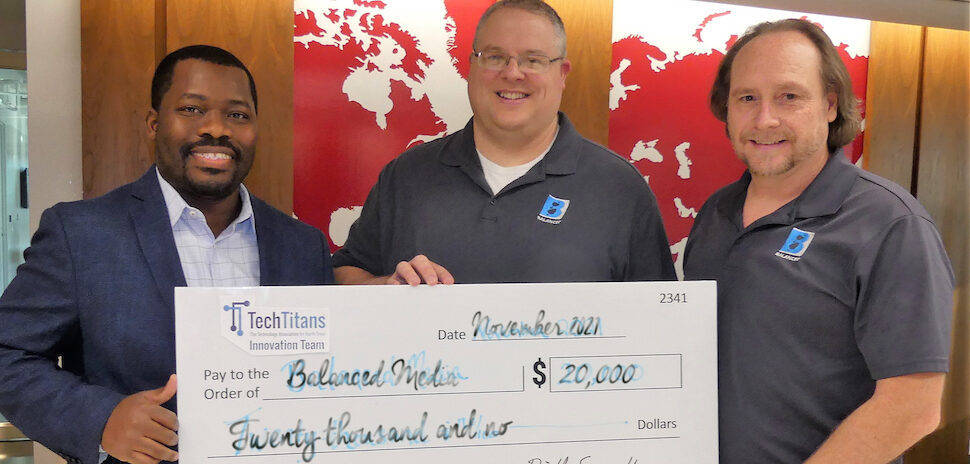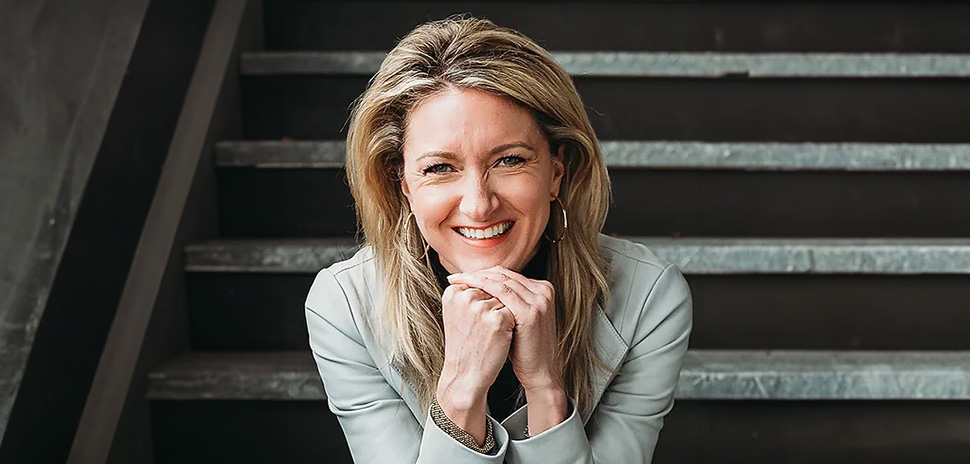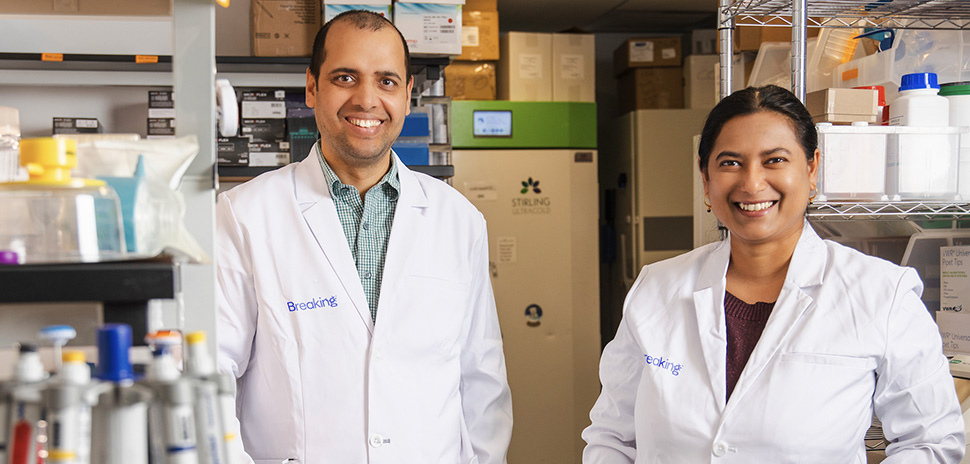![]() Every week, we do a little research of our own. We’re looking for scientists, professors, engineers, entrepreneurs—anybody, really—engaging in research and development across North Texas.
Every week, we do a little research of our own. We’re looking for scientists, professors, engineers, entrepreneurs—anybody, really—engaging in research and development across North Texas.
There’s plenty of good work being done. If you want to put R&D under your microscope, sign up for our e-newsletter.
UNT professor joins project on drone safety in urban areas
A professor at the University of North Texas is teaming up with the Lone Star UAS Center of Excellence & Innovation at Texas A&M University-Corpus Christi on a NASA research project to find ways to safely manage drone traffic in urban areas.
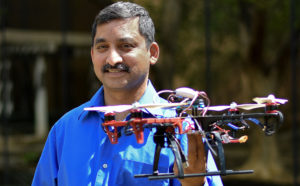
Kamesh Namuduri
Kamesh Namuduri, a professor of electrical engineering at the University of North Texas College of Engineering, and his team of graduate and undergraduate students are working on creating and testing drone-to-drone communication strategies, the university says.
The project requires that unmanned aircraft systems (UAS), or drones, communicate with UAS service suppliers to receive real-time information about emergencies, route modifications, or changes in weather fronts and then react accordingly, a press release said.
The team can use several approaches to facilitate drone-to-drone communications, including cellular communications, satellite communications, and direct communications. The team is using tactical radios to establish direct communication between the drones.
“Legally, an operator needs to be within the visual line of sight of their drone at all times, which is more of a safety precaution than a technical challenge for a drone. Doing so allows the operator to receive information and make course corrections or changes as necessary,” Namuduri said in a statement. “But, if we could create drone-to-drone communications, the drone service suppliers could stay in continuous contact with drones that are beyond radio line of sight.”
The Lone Star team’s testing is set to begin this summer.
UTA prof studies link between depression and cardiovascular disease
How does depression affect your risk of cardiovascular disease?

Jody Greaney
A University of Texas at Arlington researcher is using a $248,000 award from the National Institutes of Health to find the answer to that question and better understand the relationship between cardiovascular disease and depression.
According to data from the Centers for Disease Control and Prevention, cardiovascular disease is the nation’s leading cause of death, killing more than 600,000 people each year. The roughly 16 million Americans who are affected by depression have a high risk of developing the disease, UTA said in a release.
“Adults with depression have an accelerated risk of developing cardiovascular disease,” Assistant Professor of Kinesiology Jody Greaney says. “Not only are they more likely to develop the disease in the future, but it also happens at an earlier age; the risk is excessive and premature compared to an adult who has never had a history of depression.”
Greaney is using the funding to study the effect depression has on the human brain’s control of blood pressure and how it can cause long-term detrimental changes to a person’s cardiovascular system, UTA says.
“The hope would be that the findings from these studies could inform the development of innovative therapeutic strategies to minimize the risk of developing cardiovascular disease in adults with depression,” Greaney said. Discover more in Dana Jennings’ report here.
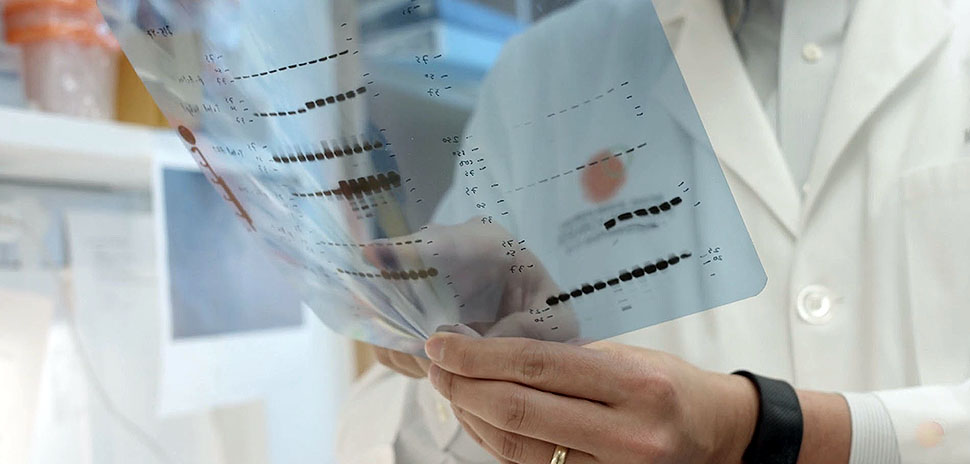
[Image via UT Southwestern video]
UT Southwestern researchers evaluate mutation effects on liver cell regeneration
Some spontaneous changes to your DNA—called somatic mutations—may cause cancer, while others may actually promote healing in humans or prevent the disease entirely. Researchers at Children Medical Center’s Research Institute at UT Southwestern (CRI) say it’s unknown to what extent these mutations accumulate with age in most solid organs or even what effect they may have on organ regeneration.
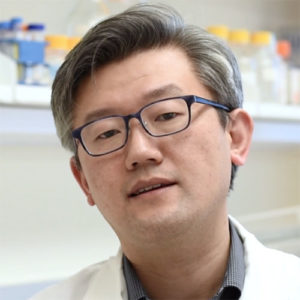
Hao Zhu
“Mutations that arise in normal cells are most often viewed through the lens of cancer. While certain mutations can represent steps toward the development of cancer, other mutations may actually promote tissue healing without causing cancer,” Dr. Hao Zhu, associate professor at CRI and internal medicine and pediatrics at UT Southwestern, said in a statement.
Zhu, is corresponding author of a study on the topic published in Cell. The researchers used a variety of genetic techniques to identify mutated genes in patients with chronic liver disease and then evaluated whether those mutations affected liver cell function, according to a press release.
Because the study of somatic mutations in normal tissues is still a relatively new field, researchers had to find new ways to do their work.
“Cancer sequencing has been performed for a long time, but normal tissue sequencing is still new to many researchers. Since there is no set method for identifying mutations in normal tissues, we had to develop our own,” co-corresponding author Dr. Tao Wang, an assistant professor of population and data sciences and in the Center for the Genetics of Host Defense at UT Southwestern, said in a statement. These new approaches allowed the researchers to discover hundreds of mutations in liver samples obtained from patients at Parkland Hospital.
The researchers used a new CRISPR genetic screening technique on mouse livers to test the consequences of the mutations for liver regeneration. That led to identifying of a handful of mutations that had pronounced effects on liver regeneration. Find out more in Katie Regan’s report here.
READ NEXT
![]()
Get on the list.
Dallas Innovates, every day.
Sign up to keep your eye on what’s new and next in Dallas-Fort Worth, every day.










